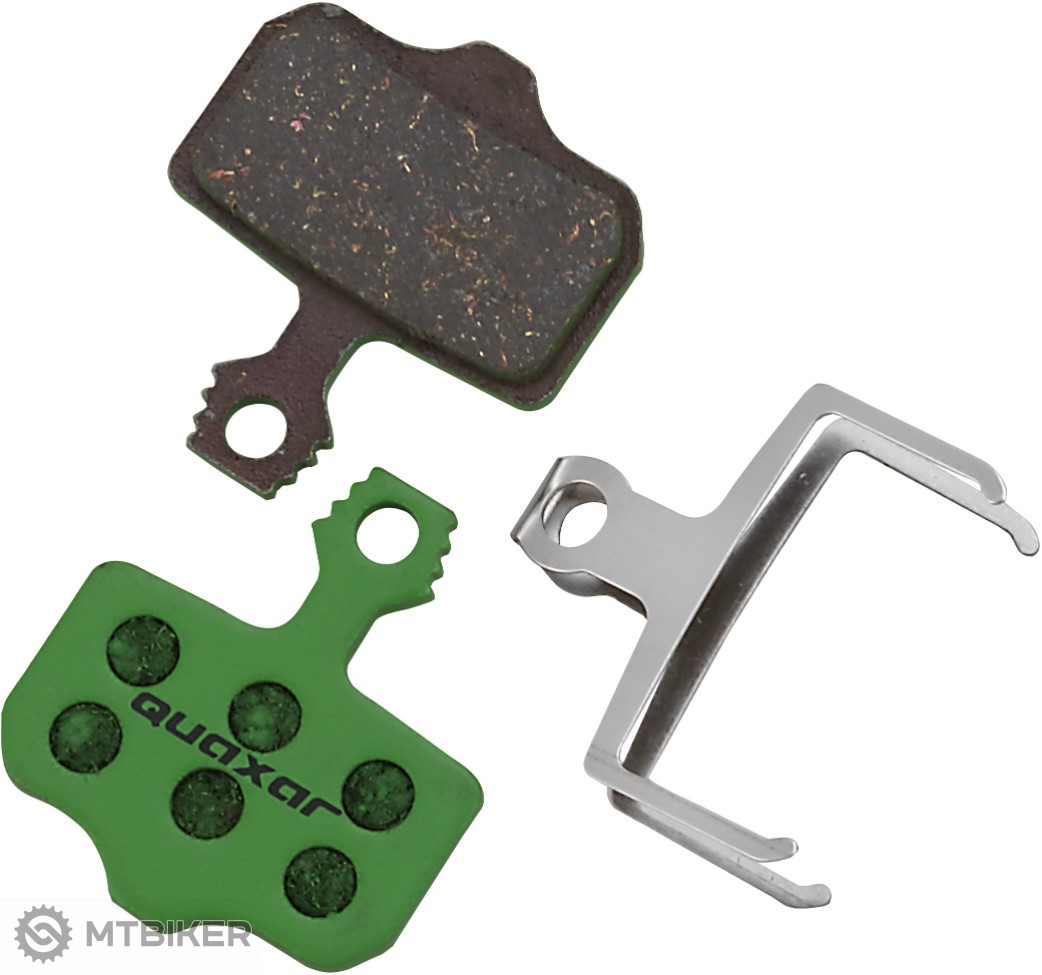

You'll spend most of your time moving back and forth between areas looking for puzzles to solve and hidden object scenes to search through. Calling that "useful" is like calling pizza "kinda tasty". The game comes with what could possibly the best feature of any hidden object game: a magnifying glass that will show you all the clickable hotspots on the screen. Elixir of Immortality makes great use of sub-zones within scenes, allowing you to peer deeper into portions of the environment, filling out the world and providing lots of additional puzzles to complete.

So, let's get out of here, shall we? You think you saw a lantern in the boat, so move the cursor to the sparkling location and click it to enter a hidden object scene. Will you be the next to meet your fate on the cliff? Now, you, the detective, are the new hired hand, and as the game begins, you're thrown in a dripping cellar with no light as the doors are sealed shut.

Forced to drink the elixir of immortality, the poor lad downs it and is immediately shot, proving his potion to be a failure. It all starts with a cloaked figure, a "hired hand", and a cliff. All that's to be had is a delicious tale of intrigue, a lot of fantastic mini-games, and scenery so packed with so much mystery you'll want to wade in and start messing around with things yourself.

You won't find blocks of text or terrible voice acting in this game.
#ELIXIR OF IMMORTALITY 2 HOW TO#
Not only does Elixir of Immortality know how to weave an intriguing plot, it knows how to do it with pictures, setting, and presentation instead of loads of words. It’s not clear how many of the ancient descriptions are exaggerations, though soil samples around the tomb have indicated high levels of mercury contamination.Now here's something you don't see every day: an adventure/hidden object game that tries to tell a story. For his tomb, the emperor built a sprawling underground mausoleum that’s never been excavated, though 8,000 ceramic soldiers and horses known as the Terracotta Army have been discovered since the 1970s near the burial mound.Īncient writings claim the underground palace had a ceiling mimicking the night sky with pearls as stars and rivers of mercury. If he couldn’t live forever, Qin Shi Huang wanted to at least ensure that he would be well-equipped in the afterlife. Ironically, Qin Shi Huang's supposed cures may have helped bring on his death at the age of 39. As scientists know now, mercury is poisonous. One town called "Duxiang" reported back to the emperor that its inhabitants hadn’t yet found the elixir of life, while another town in the modern-day Shandong Province in eastern China offered an herb from a local mountain.Īrchaeologists and historians already had some idea that Qin Shi Huang was obsessed with immortality.Īccording to Chemistry World, the emperor was thought to have consumed cinnabar (or mercury sulfide) in the hopes it would prolong his life. The wooden slips even contained some responses from villages. "It required a highly efficient administration and strong executive force to pass down a government decree in ancient times, when transportation and communication facilities were undeveloped," Zhang told Xinhua.


 0 kommentar(er)
0 kommentar(er)
